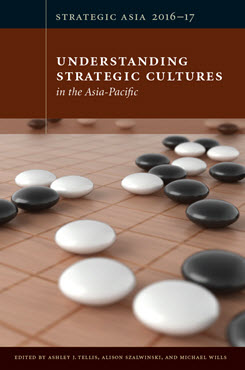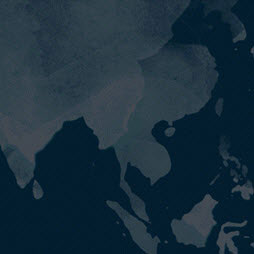Realpolitik with Chinese Characteristics
Chinese Strategic Culture and the Modern Communist Party-State
This chapter examines the official narrative and ongoing scholarly debates about Chinese strategic culture and assesses the influence of this strategic culture on China’s international behavior.
EXECUTIVE SUMMARY
MAIN ARGUMENT
Though officials in Beijing depict Chinese strategic culture as being shaped by traditional cultural values disinclining it to force and coercion, this culture’s key characteristic is actually its realism: calculations of cost and opportunity tied to the balance of power and devoted to the maximization of national power within the international system. Nonrealist factors rooted in Chinese political culture do condition aspects of behavior, such as in creating an obsession with virtue narratives and image as a component of the Chinese Communist Party’s political legitimacy. Realpolitik calculation, however—and a notable willingness to use violence when the balance of forces permits—represents the “bones” that underlie the ideational “flesh” of China’s strategic culture. This “realpolitik with Chinese characteristics” is more problematic than classical realpolitik because of its soaring ambition for global status, prickly and insecure moralism, inflexible fear of admitting error, and tendency to rationalize and valorize the use of force in self-defense.
POLICY IMPLICATIONS
- A grasp of the idiosyncratic “Chineseness” of China’s strategic culture and the party’s legitimacy discourse can help foreign leaders pressure the regime more effectively and avoid adopting postures that are inflammatory in unwanted ways.
- Contrary to the official narrative, quasi-Confucian “virtuocratic” traditions may not pull China in the direction of benevolently pacific policy but may instead actually worsen realism’s coercive and violence-prone tendencies.
- Some of the worrying effects of this “exacerbated realism” may be attenuated if the parochial interests of the party itself could be played off against the incentives of maximizing realist power in the international arena.
Strategic Asia
The Strategic Asia annual edited volume incorporates assessments of economic, political, and military trends and focuses on the strategies that drive policy in the region. Learn more about Strategic Asia.



